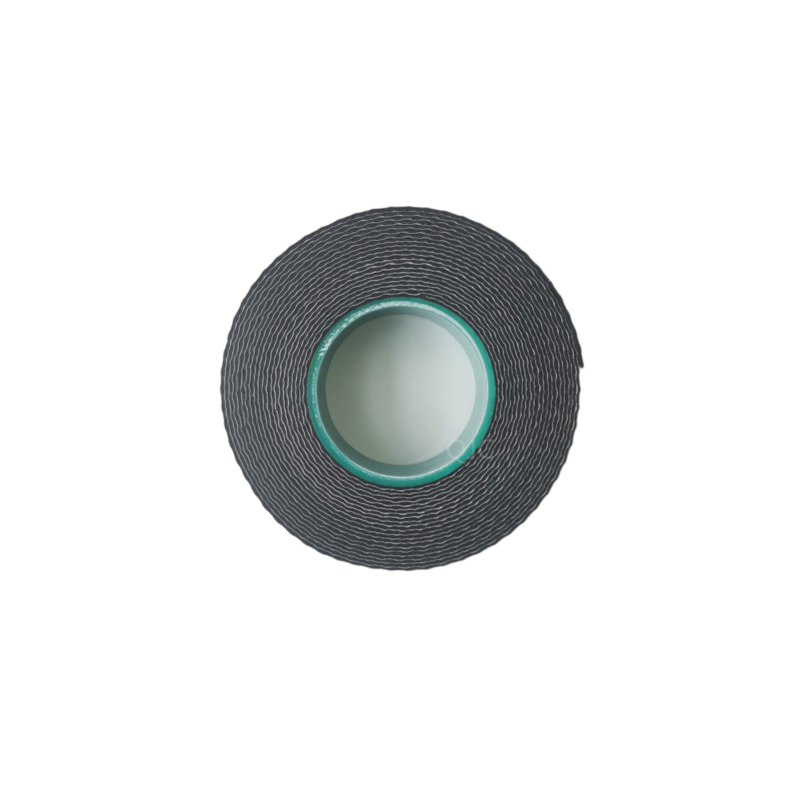The Importance of Fabric Insulation Tape in Electrical Applications
In the realm of electrical applications, safety and efficiency are paramount. One of the unsung heroes that contribute significantly to both is fabric insulation tape. Also known as cloth electrical tape, this specialized product plays a crucial role in various electrical tasks, ranging from wiring to repairs. Understanding its features, benefits, and appropriate usage can empower professionals and DIY enthusiasts alike to make informed decisions in their projects.
What is Fabric Insulation Tape?
Fabric insulation tape is a type of electrical tape made from a flexible cloth material, usually coated with a rubber adhesive. This combination provides excellent insulation properties, making it suitable for a wide range of electrical applications. The fabric base offers durability and resistance to wear and tear, while the adhesive ensures a strong bond to various surfaces. This tape comes in various colors, allowing for easy identification in multi-wire environments.
Features and Benefits
1. High Dielectric Strength One of the primary advantages of fabric insulation tape is its high dielectric strength. This characteristic allows it to withstand substantial voltage levels, making it ideal for use in electrical systems. It helps in preventing short circuits and electrical hazards, which can lead to significant safety issues.
2. Flexibility and Conformability The cloth material is highly flexible and can easily conform to complex shapes and surfaces. This quality makes it suitable for wrapping around wires, cables, and irregular surfaces, ensuring comprehensive insulation. Users can achieve a snug fit without the risk of tearing, even in tight spaces.
3. Resilience Fabric insulation tape is designed to withstand extreme temperatures and environmental conditions. It remains effective even in high temperatures, humidity, and exposure to chemicals, making it a reliable choice for both indoor and outdoor applications. Its resistance to UV rays further enhances its durability.
fabric insulation tape electrical

4. Aesthetics and Color Coding Available in a variety of colors, fabric insulation tape can be used not just for insulation purposes but also for organizational and identification needs. Different colors can represent different circuits or functions, which is particularly helpful in complex electrical setups.
5. Easy Application The user-friendly design of fabric insulation tape allows for straightforward application. Unlike other types of electrical tape, which may require special tools or techniques, fabric tape can be easily torn by hand or cut to length with scissors, making it accessible for anyone, regardless of skill level.
Common Applications
Fabric insulation tape is widely used in various electrical and industrial applications. It is commonly employed for
- Wiring Insulating electrical wires and protecting them from abrasions and environmental factors. - Bundling Grouping multiple wires together for organization and ease of installation. - Repairs Providing quick fixes for damaged cables and wires, ensuring continued safety and functionality. - Marking Identifying circuits and making maintenance easier through effective color coding.
Conclusion
In conclusion, fabric insulation tape is an essential tool in any electrical toolkit. Its high dielectric strength, flexibility, resilience, and ease of use make it a go-to solution for both professionals and hobbyists. Whether you are performing routine maintenance on wiring, making repairs, or organizing your workspace, fabric insulation tape ensures safety and efficiency. As technology and electrical systems continue to evolve, this practical product remains a staple for anyone looking to work with electricity. Always prioritize safety and quality—investing in high-quality fabric insulation tape is a crucial step toward achieving both.
-
XIANGFAN Rubber Tape-Ultimate Solutions for All Your Insulation NeedsNewsJun.24,2025
-
XIANGFAN Rubber Tape-Protection for Industrial and Residential ApplicationsNewsJun.24,2025
-
XIANGFAN Rubber Tape: Superior Safety and Sealing for Demanding EnvironmentsNewsJun.24,2025
-
XIANGFAN Rubber Tape: Reliable Solutions for Every Electrical ChallengeNewsJun.24,2025
-
XIANGFAN Electrical & Industrial Tape: Powering Reliability Across IndustriesNewsJun.24,2025
-
XIANGFAN Electrical & Industrial Tape: Excellence in Every ApplicationNewsJun.24,2025
